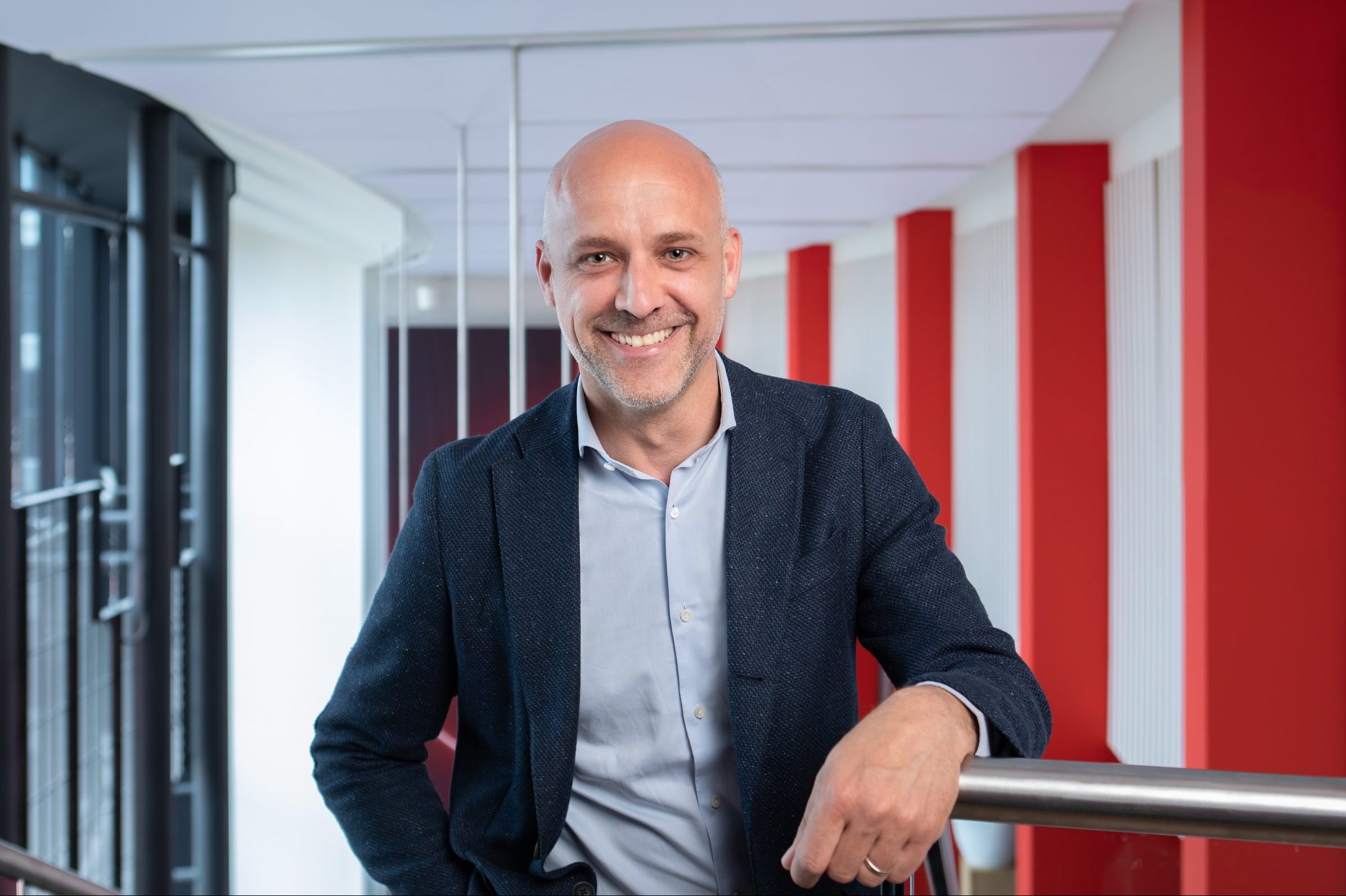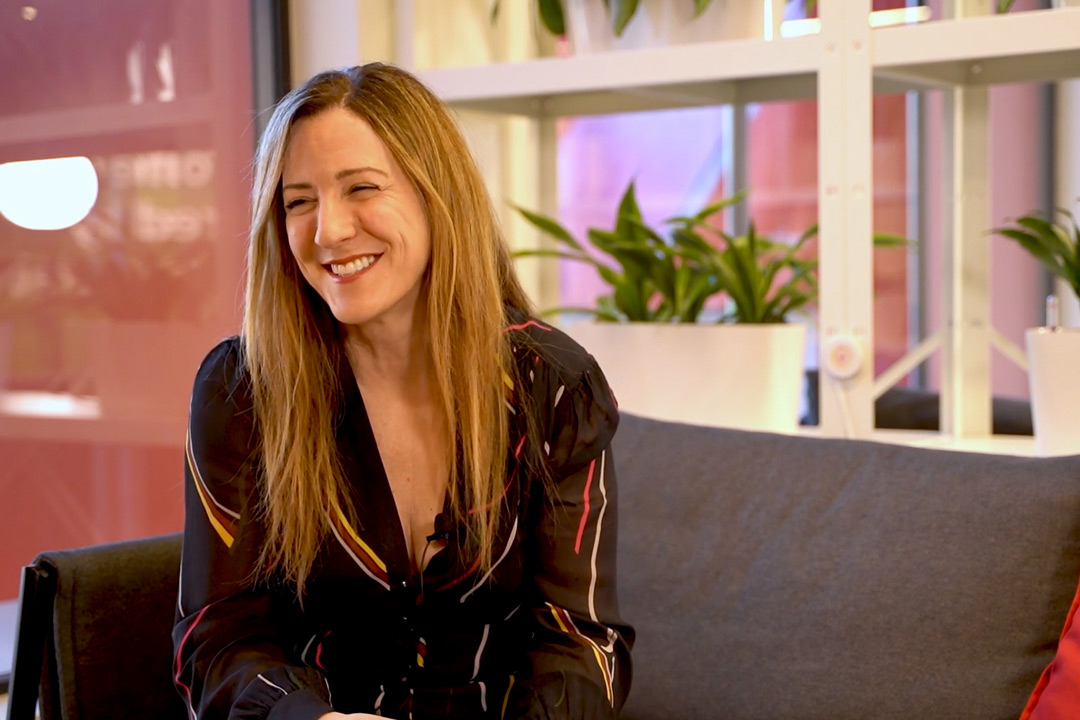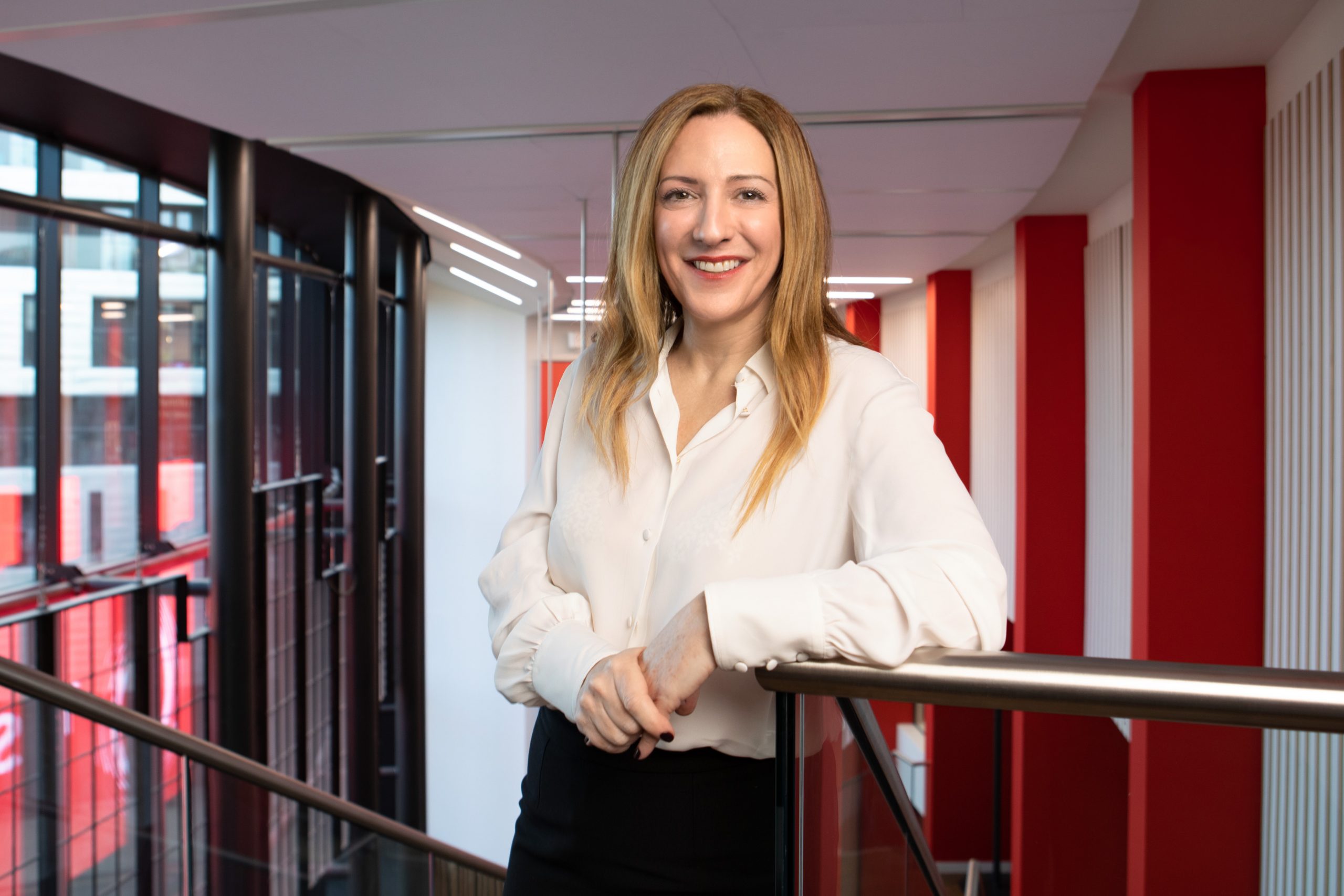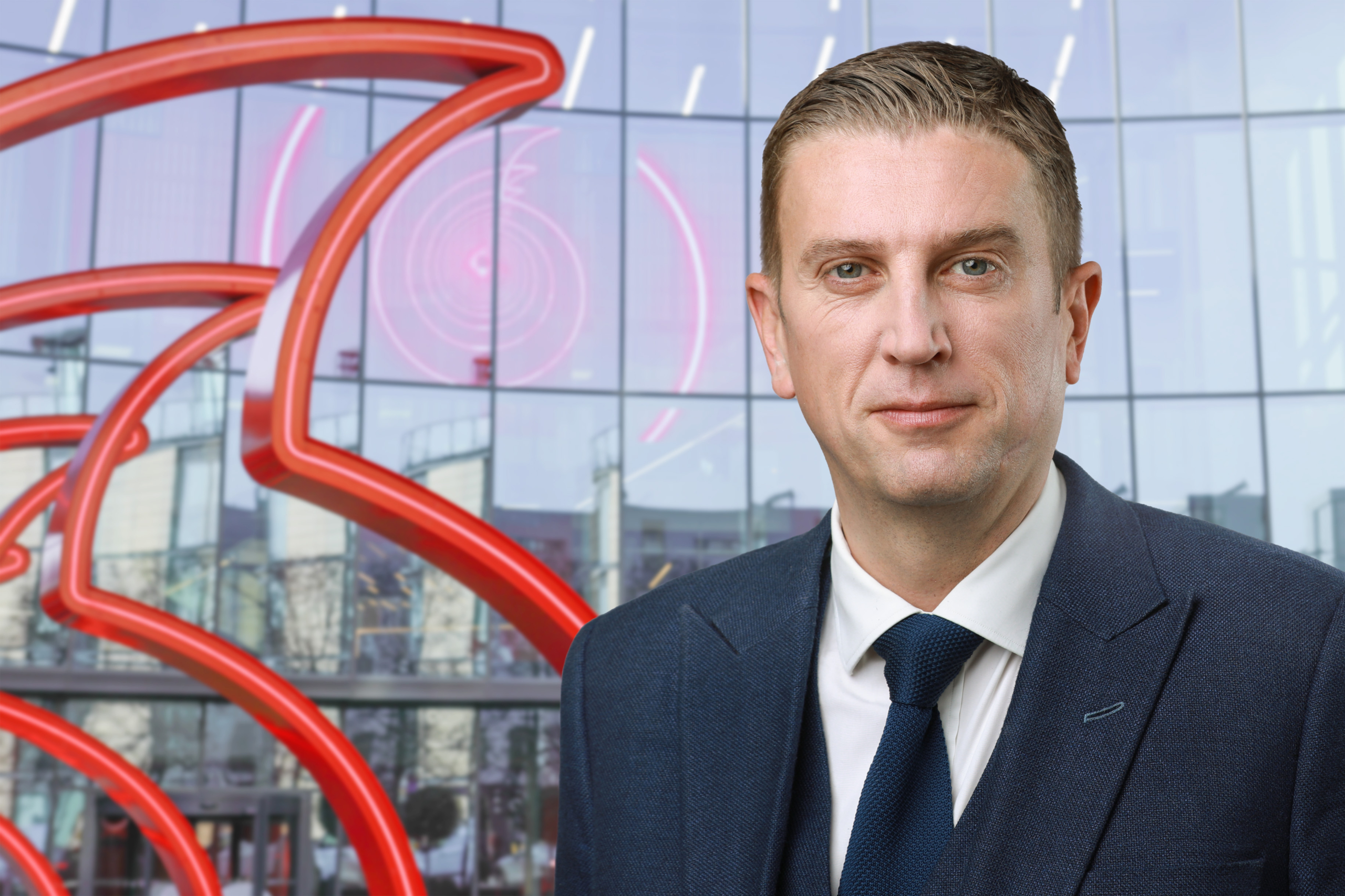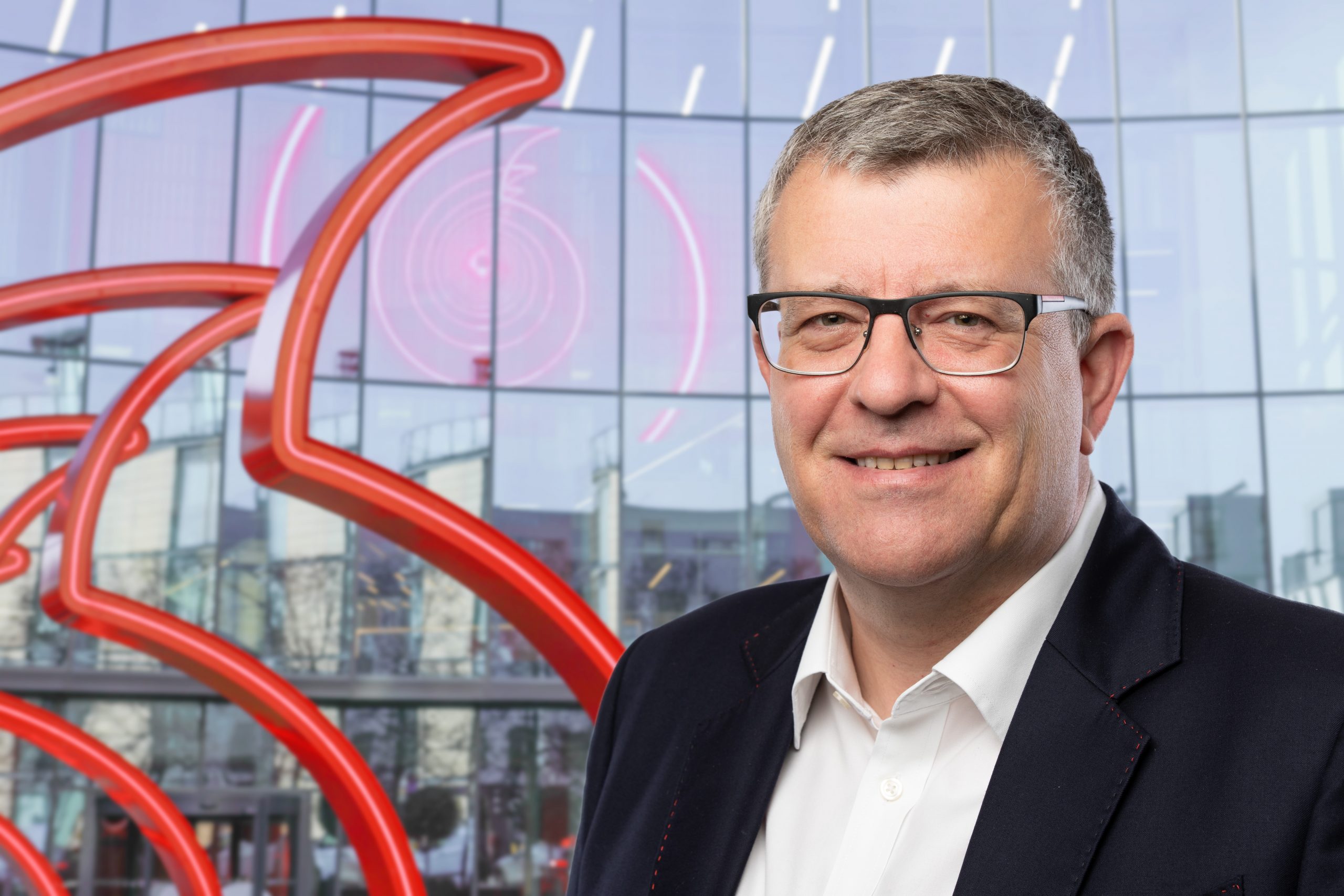Tying together a business’ sustainability, financial, productivity and security goals, all through one initiative, might sound like a fanciful idea. But device lifecycle management ticks every single box, says Nick Gliddon, Director of Vodafone Business UK.
Sustainability is an ever-important part of most companies’ business models. But with many organisations consisting of multiple different departments practising different ways of working, it can be tricky to implement initiatives that have an equal impact throughout the business.
For instance, some staff may travel more as part of their role, while certain office locations may be better set up than others for waste reduction or recycling.
One way employees can be kept on a level playing field however, regardless of role or location, is when it comes to their mobile devices.
This is largely because handsets can be leased in bulk. Then, upon renewal, devices can be returned, securely wiped, and resold – extending their useful life by up to five years.
Through Vodafone Business’ own Device Lifecycle Management (DLM) programme, for example, 95% of returned devices end up being given a second life.
Businesses, do you know where your phones are?
From saving valuable capital expenditure with flexible leasing to reusing and recycling older phones for greater sustainability, Device Lifecycle Management takes care of every single smartphone in your business.
As part of this, we also ensure an equivalent number of devices destined for landfill are collected in African countries and recycled sustainably in Europe.
By doing this on a one-to-one basis, we can ensure precious minerals are returned into the value chain, reducing electronic waste at a time when 62 million tonnes is produced annually.
What’s more, for every leased device, we offset its carbon footprint during manufacture and across the rental period, providing half-yearly reports to demonstrate businesses’ environmental contribution.
Reducing impact, retaining output
Better yet, sustainability no longer means sacrificing other priorities.
For cost-conscious businesses, leasing mobile handsets also has financial benefits. From removing the need to tie up funds as part of outright purchases to being able to write off leasing as an operating cost against profits, it can literally pay to take this route.
Vodafone and Barnardo's ‘Great British Tech Appeal' now open to businesses
Businesses can now donate unwanted smartphones and tablets for redistribution to those in need – via Barnardo’s, Safe Lives and British Red Cross. Appeal aims to distribute 10,000 phones and tablets to disadvantaged children, families and the charity workers who support them. Vodafone to provide six months of free connectivity for every device redistributed. Huawei …
Continued Meanwhile, Vodafone’s Trade-In programme and The Great British Tech Appeal allow businesses to realise any residual value in old devices, contributing to both social good and the circular economy in the process.
Productivity isn’t at risk either, since leasing means it’s never been easier to keep equipment up-to-date. In turn, staff can retain the best tools for the job at hand. This is hugely important in today’s age of hybrid and remote work, with employees increasingly reliant on technology that works as well at home as it does in the office.
Equally, companies need hardware and processes that provide the highest security possible. Which is why, at the end of device lease periods, Vodafone securely wipes any data before restoring handsets to their original settings.
The Circular Economy: Everything you need to know
The ‘circular economy’ is one of the latest green catchphrases, but what exactly is it and is it achievable?
A lifecycle lens
When it comes to purchasing new devices – whether for yourself or your business – it makes sense for your own experience of the process to take centre stage.
And why not, given you may either be excited to buy a new handset for yourself or, equally, anxious at the thought of purchasing several hundred for your staff.
Next time you’re faced with this task, however, try flipping it on its head by first considering the experience, and lifecycle, of the phone itself – rather than your own.
Think about where the handsets have come from, how they’ll be used, and what will happen to them after they’re no longer needed.
This is the end-to-end approach that Vodafone takes when it comes to our DLM solutions. It’s one way that we’re helping to build a digital society that does not come at the cost of our planet. And I’m confident it’s one that will improve your own experience and that of your business.
*Based on Vodafone increase from FY23 refurbished phone sales to FY24 refurbished phone sales
A version of this article originally appeared on BusinessGreen.
Stay up to date with the latest news from Vodafone by following us on LinkedIn and Twitter/X, as well as signing up for News Centre website notifications.

